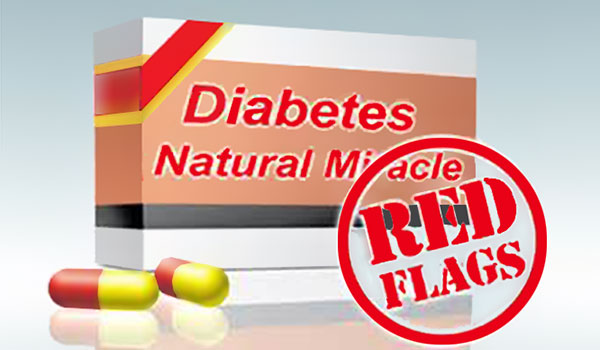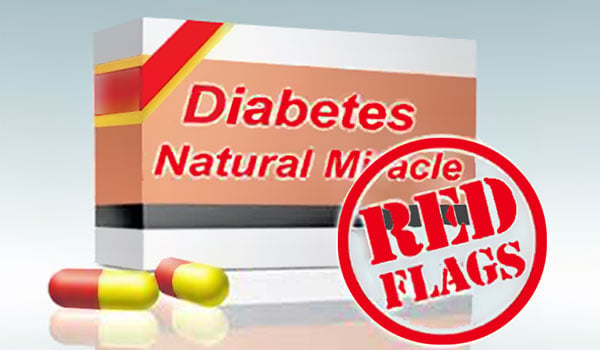
Ask the Flight Surgeon / By LTC Steven J. Gaydos, MD, MPH: Q: Doc, why are you always asking about supplements when I get my physical—what’s the big deal?

FS: Well, perhaps you have seen a recent news article this month whereby a major supplement chain was accused of selling ‘tainted’ products. It can be a big deal.
There is a fair amount of truth to the tired cliché, “you are what you eat.” Our bodies require exogenous vitamins, minerals, proteins, and other essential nutrients that ultimately become the substrates for crucial cellular metabolic activity. Medical nutritional science has made enormous strides over the past hundred years understanding how deficits (and in some cases, excess) of these nutrients can impair the body and cause pathology. While those with interest in nutrition, sports science, or making consequential changes to health and fitness should be applauded, we must also entreat Soldiers and aircrew to exercise caution (as well as a healthy degree of skepticism) when it comes to the use of over-the-counter (OTC) supplements.
For the “believers,” the trap that many fall prey to is one of temporal association versus direct causation. It goes something like this: the Soldier decides that it’s time to change course regarding health – lose fat, get stronger, improve physical fitness scores, etc. This usually entails a change in health habits: goes to the gym more often, engages in more rigorous workouts, quits smoking, cuts alcohol, perhaps improves diet and also buys supplements. After some positive changes are realized, he/she mistakenly attributes the gains (at least in part) to the new introduction of supplement(s) instead of the changes made in fitness and lifestyle. It’s likely that the supplements had little, if any, effect (and may have even been harmful).
Caution Advised!
Nutritional and dietary supplements are a multi-billion dollar industry, and use is common. But, there is sometimes limited evidence-based information regarding the biologic effects of many of these substances for use as health supplements. Do not necessarily accept that the use of words like “healthy and all natural” (or similar claims) always translate into “safe” and/or “efficacious” when it comes to labelling. The fact is that some of these products can cause you harm. As an example, most are familiar with ephedra alkaloids (derived from Ephedra sinica or Ma huang) that were marketed for weight loss or athletic performance enhancement. After many unfortunate outcomes, ephedra was implicated in cases of high blood pressure, disturbance in heart rhythm, heart attacks, strokes, seizures, and psychiatric symptoms. I’m sure the unsuspecting users weren’t counting on that! In addition to cardiovascular and neurologic effects, other supplement constituents have been reported to cause liver toxicity and cirrhosis, kidney toxicity and certain types of cancers. Some supplements have been identified to have major problems with purity, noted to be contaminated with heavy metals, prescription drugs, and even illicit drugs in some cases.
Regulators continue to warn the general populous regarding dangerous products marketed as supplements. In the U.S., for example, the Food and Drug Administration (FDA) has found nearly 300 fraudulent products (promoted principally for weight loss, muscle building, and sexual enhancement) with many reports of injurious and pernicious health effects. While in many cases, purchase and ingestion of supplements simply gives the user expensive urine, in some cases, these products can be dangerous. The harm may come from the substances themselves, from unscrupulous consumers taking “mega-doses” (more is not always better!), or from drug interaction with a prescribed medication from a physician (who is often unaware of a patient’s OTC habits).
Remember that these products are not regulated like pharmaceuticals even though they can have major health effects. The manufacturers of supplements do not have to conduct the same rigorous research and provide the same level of safety or efficacy data that pharmaceutical companies are obliged to by law. Similarly, since the manufacturers are out to make a profit, there is incentive to make claims that are not necessarily supported by science.
Practical Guidance & the Smart Consumer
Too good to be true? If product claims seem exceptional or unrealistic, it probably is not true. Not every supplement is harmful or inert, and guidelines exist by government regulatory agencies and professional organizations regarding the scientific basis and efficacy of some compounds. But, be skeptical of dubious claims purporting “cure-all,” “totally safe and effective,” or claims to treat or cure diseases. Likewise, anecdotal information or “personal testimonials” regarding incredible benefits of using the product should be red flags. And certainly avoid any product providing warnings regarding testing positive on drug tests.
Don’t be taken by product claims that seem too good to be true. Don’t mindlessly ingest substances with which you are unfamiliar or unknowledgeable. Talk to your FS, and be adept in your health-promotion activities.
For more information: http://www.fda.gov/Food/DietarySupplements/UsingDietarySupplements/ucm110567.htm Safe flying!
Question for the Flight Surgeon?
If you have a question, email it to This email address is being protected from spambots. You need JavaScript enabled to view it..”>This email address is being protected from spambots. You need JavaScript enabled to view it.. The views and opinions offered are those of the author and researchers and should not be construed as an official Department of the Army position unless otherwise stated
LTC (Dr.) Steven J. Gaydos is a senior flight surgeon and the program director of Occupational Medicine at the U.S. Army School of Aviation Medicine, Fort Rucker, AL.










